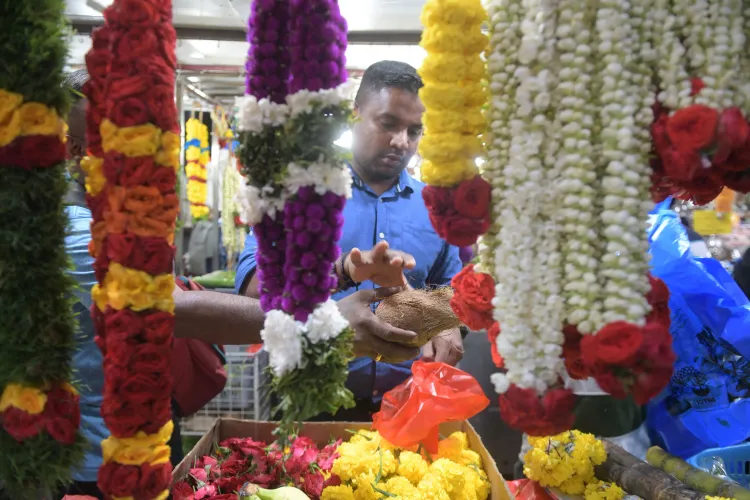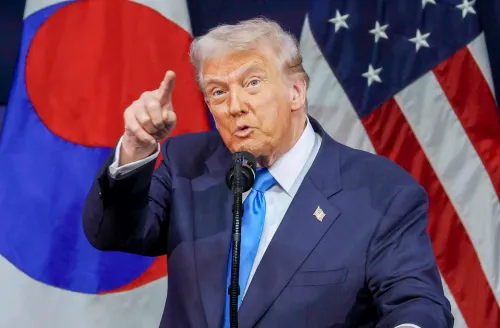Singapore Enacts Legislation to Uphold Racial Unity

Synopsis
Key Takeaways
- New legislation promotes racial harmony.
- Restraining Orders can be issued against individuals threatening harmony.
- The President plays a crucial role in reviewing orders.
- Opposition raised concerns over presidential involvement.
- Diverse ethnic makeup of Singapore highlighted.
Singapore, Feb 5 (NationPress) The parliament of Singapore has enacted the Maintenance of Racial Harmony Bill along with related constitutional changes.
Notable elements of this legislation include a Restraining Order framework, a community-driven strategy for managing racial issues, and measures to ensure that race-centric organizations do not serve as instruments of foreign interference.
According to this new regulation, the Minister for Home Affairs is empowered to issue Restraining Orders against those who engage in the communication, creation, or dissemination of materials that jeopardize racial harmony.
Once a restraining order is issued, it is subject to evaluation by a newly formed Presidential Council for Racial and Religious Harmony, which will provide a recommendation to the president. The president, taking into account the council's advice alongside that of the cabinet, has the authority to revoke, endorse, or modify the order.
During the debate on Tuesday, the opposition Workers' Party expressed apprehensions regarding the president's role, suggesting that sufficient checks on the minister's authority should originate from parliamentary and public scrutiny, as reported by Xinhua news agency.
In reply, Home Affairs Minister K. Shanmugam emphasized that while parliamentary and public oversight is crucial, the inclusion of an additional layer of review through the council and the president is also valuable.
“It is fitting for the President, who is elected directly by the populace, to serve as a check on the minister's exercised powers,” he stated, adding, “This matter ultimately hinges on judgment.”
The proposal for this bill was initially presented by then-Prime Minister Lee Hsien Loong in 2021. During his National Day Rally address that year, Lee unveiled intentions for legislation aimed at fortifying racial harmony, consolidating existing powers, and reaffirming the critical importance of racial and religious coexistence in society.
The Ministry of Home Affairs introduced the bill for its inaugural reading in Parliament on January 7.
Singapore boasts a diverse ethnic landscape, with the latest 2020 census revealing that the resident population consists of 74.3 percent Chinese, 13.5 percent Malays, and 9.0 percent Indians.










